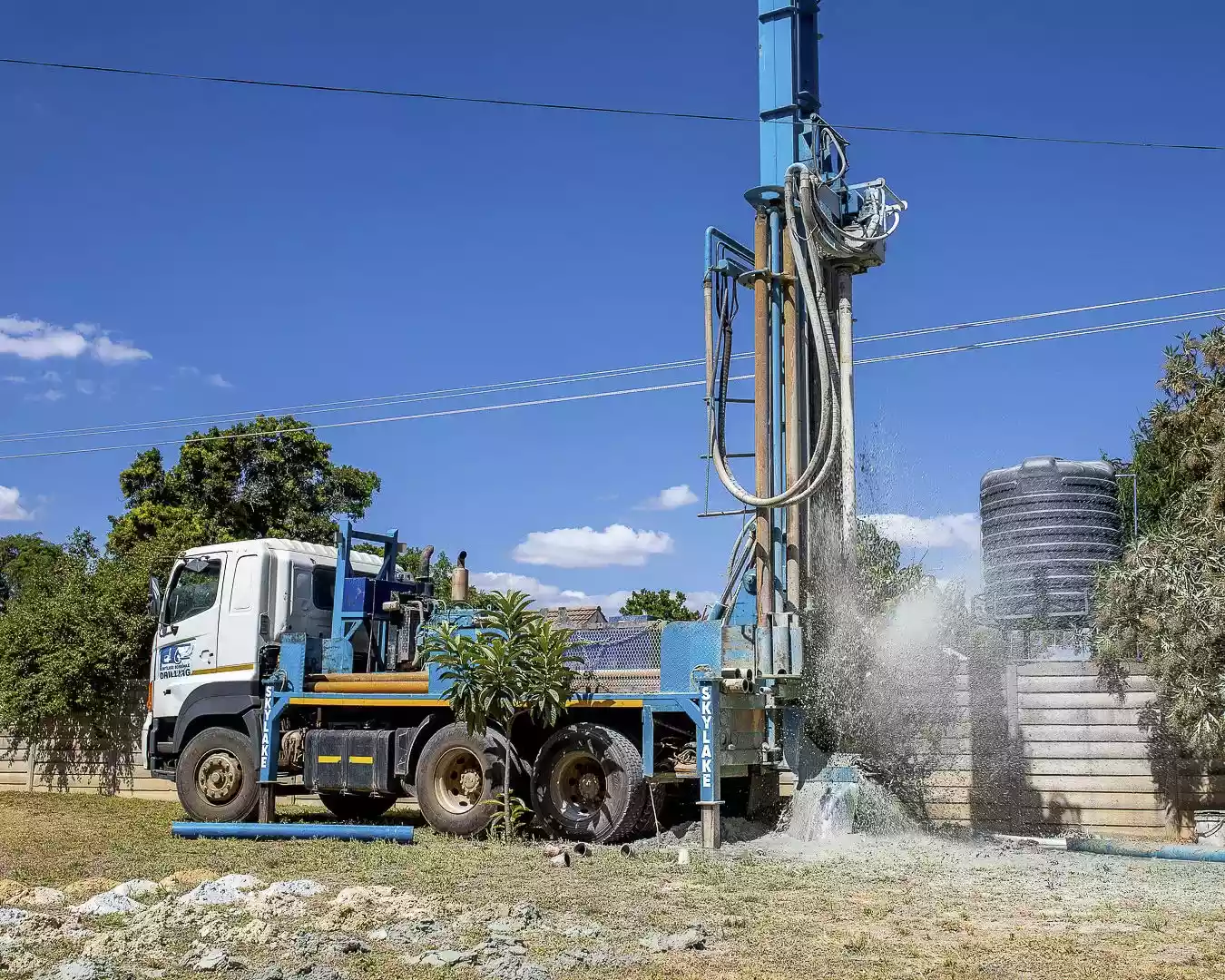
The Zimbabwe Building Contractors Association (ZBCA) president, Tinashe Manzungu, has challenged the construction sector to evolve or risk being left behind.
Manzungu, who was speaking during the launch of the ZBCA Academy in Nyanga recently, said the survival of the construction sector hinges on quickly adapting to the existing fluid operating environment.
“Innovation is no longer optional but is the engine of resilience in an environment characterised by changing regulations, rising expectations, and digital disruption,” he said.
“Zimbabwe’s construction sector cannot risk being left behind and thus should evolve.
"The industry now demands digital highways that connect rural communities to global markets, building green structures that reduce our carbon footprint, and engineering smart cities that redefine urban living. This is our moment to lead, innovate..."
The former president of the Zimbabwe National Chamber of Commerce urged the construction sector to innovate in keeping with the huge investments being made.
“Zimbabwe’s construction sector is undergoing a strategic evolution. From the iconic Tarablas Interchange to the expansive Mt Hampden Government Precinct, the nation’s infrastructure narrative is being reshaped by cranes, concrete, and conviction.
“Between 2020 and the first quarter of 2024, over US$3.1 billion has been invested in infrastructure projects spanning roads, housing, energy, airports, and social amenities,” he said.
- Chihota elected contractors youth chairperson
- ZBCA, EU meet over circular economy
- Construction sector embaces circular economy
- Another feather in the cap for Midlands businessman
Keep Reading
Manicaland Provincial Affairs Minister, Misheck Mugadza, said the government has outlined opportunities under the nation’s infrastructure development master plan.
“This is a milestone for the country, and it is a clear sign that the President has created the right environment for the construction industry. We are a province gifted in tourism, and we have various opportunities, especially in the Eastern Highlands and Nyanga area, where there is a need for more hotels. We need to increase room capacity, which is still on the lower side. In Mutare at the Christmas Pass, Vumba, and Chipinge, we all have stands for hotels,” he said.
Deputy Minister of Local Government, Benjamin Kabukira, added that local authorities require partnerships to promote infrastructural development as devolution deepens.
“The ministry has adopted a ‘10-10, 70-100 2030’ infrastructure acceleration principle. There are key investment opportunities within the infrastructure portfolio. The ministry is converting urban state land into bankable equity, and we encourage private players to bring in finances under PPP agreements. There are opportunities in the new city, Mt Hampden, which is Harare’s administrative capital, covering 19,000 hectares. Other projects include airport upgrading, construction of stadiums, and other vital infrastructure,” he added.
The conference was attended by stakeholders from regional countries, including the Ambassador of Tanzania to Zimbabwe, Her Excellency Susan Kaganda; Master Builders South Africa’s past president, Sam Ngcongo; and the Ambassador of Botswana to Zimbabwe, Her Excellency Sarah Molosiwa, among others.
The academy, which was launched during the ZBCA annual conference, will offer targeted and accredited programmes to equip builders, site staff, and emerging entrepreneurs in identified areas of training. Apart from the ZBCA Academy launch, the organisation has also come up with a construction magazine that will, among other things, cover topical issues and act as a directory for the sector.










